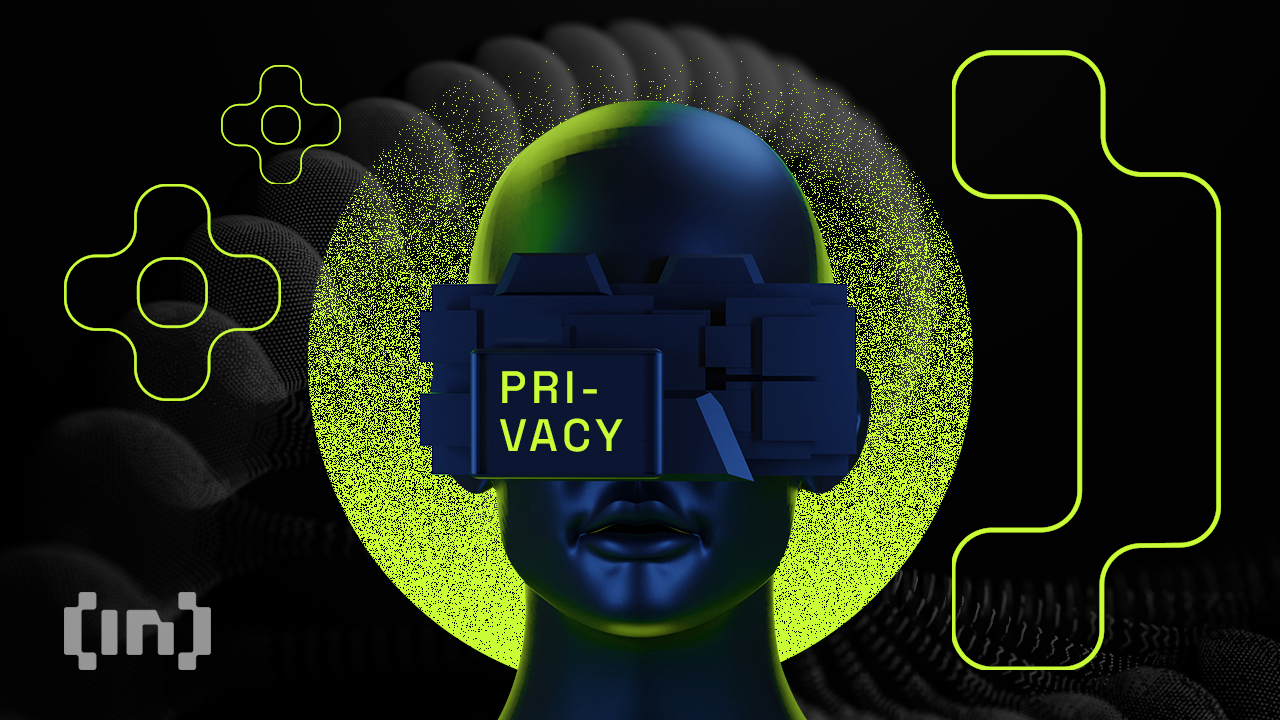
Having announced that it would delist a dozen privacy coins in several EU nations, Binance appears to have backtracked.
According to developers behind the Verge (XVG) and Secret (SCRT) cryptocurrencies, seven privacy-focused tokens have been saved from a scheduled delisting on Monday.
Binance to End Privacy Coin Trading in Light of MiCA Regulation
Back in May, Binance sent an email to customers in France, Italy, Spain, and Poland. The message stated that it would cease offering trading services for twelve cryptocurrencies that enable anonymous transactions. Major privacy coins like Monero, Dash, and Zcash were affected. Less well-known tokens, including XVG and SCRT, were also set to be delisted.
The decision followed the European Union’s adoption of the Markets in Crypto Assets (MiCA) regulation.
Significantly, MiCA imposes the “travel rule” on crypto transactions. It, therefore, raises the prospect of firms that enable the trade of privacy coins falling foul of EU law.
The travel rule requires crypto-asset service providers to collect certain information about the sender and receiver of crypto transfers. However, this requirement runs counter to the basic ethos of privacy-enhancing coins like Monero. From the outset, enabling anonymous transactions was the main purpose of such tokens.
Binance’s decision to end support for such cryptocurrencies marks just the latest blow for advocates of privacy coins in Europe. Previously, major exchanges, including Kraken, Huobi, and Bittrex had already delisted the likes of Monero and Dash.
Elsewhere, authorities in places including Dubai, Japan, and South Korea have been more clear-cut about their crackdown on anonymity-enhancing crypto. There, governments have moved to ban privacy coins outright, explicitly outlawing their trade and issuance.
Seven Tokens Saved From Delisting
Binance initially said it would cease trading of all affected tokens from June 26. But this week, the teams behind Verge and Secret reported that they had been saved from the exchange delisting frenzy.
On Thursday, Verge stated that XVG would remain unaffected by Binance’s trading restrictions on privacy coins. Meanwhile, the Secret Network tweeted on Friday that Binance will not be delisting SCRT in European countries.
Alongside XVG and SCRT, Decred (DCR), Navcoin (NAV), Zcash (ZEC), Dash (DASH), and PIVX will reportedly remain listed on the exchange.
Anonymous Transactions VS Private Data
With Binance apparently reassessing the compliance risks of seven privacy-enhancing coins, important questions arise. Namely, what caused the U-turn? And why are some privacy coins deemed acceptable while others aren’t?
One answer may be that the likes on Monero are privacy coins through and through. But other affected tokens offer a range of uses.
For example, while Monero has always been about enabling anonymous transactions, in recent times, the Secret Network has emphasized SCRT’s function as a smart contracts platform. In this light, the technology is less about hiding the trail of money. Instead, the Secret Network focuses on allowing users to store sensitive data on-chain.
But for supporters of the right to buy and use privacy coins, financial transaction records are included under the rubric of personal data. As such, they argue that tools for anonymizing transactions are just as important as other data protection tools.
From this perspective, Binance’s latest decision offers a ray of hope for the technology. In the face of state surveillance, privacy advocates argue that such tokens help secure financial freedom.


 By
By
 By
By
 By
By
 By
By

 By
By